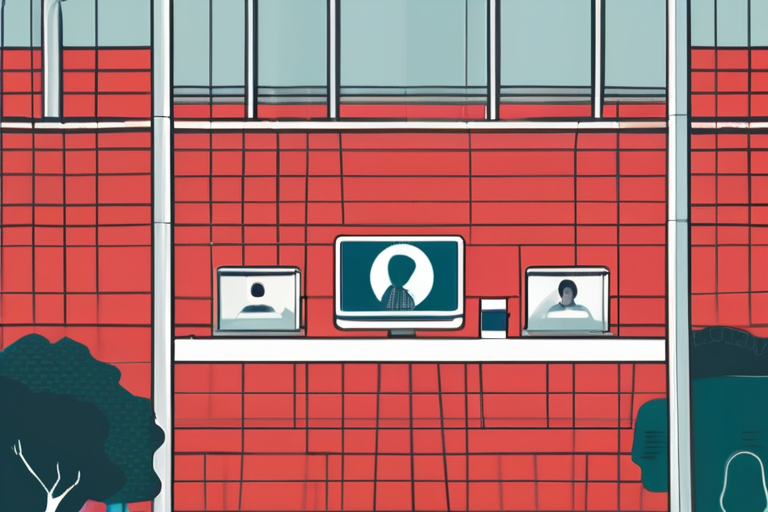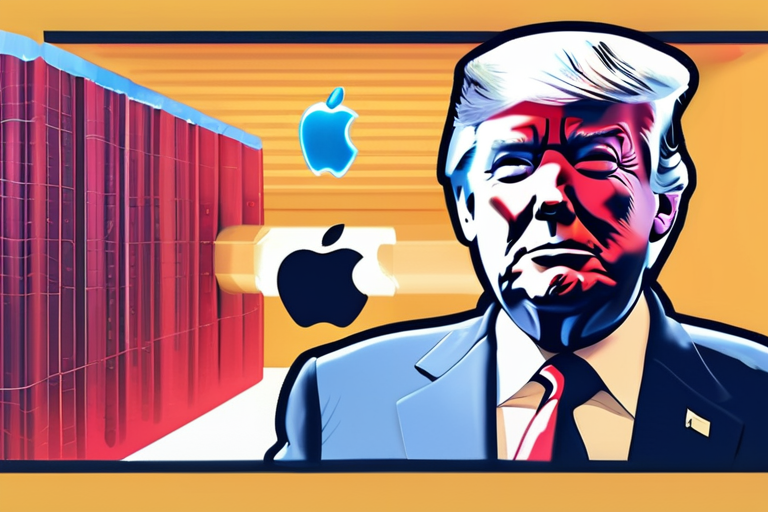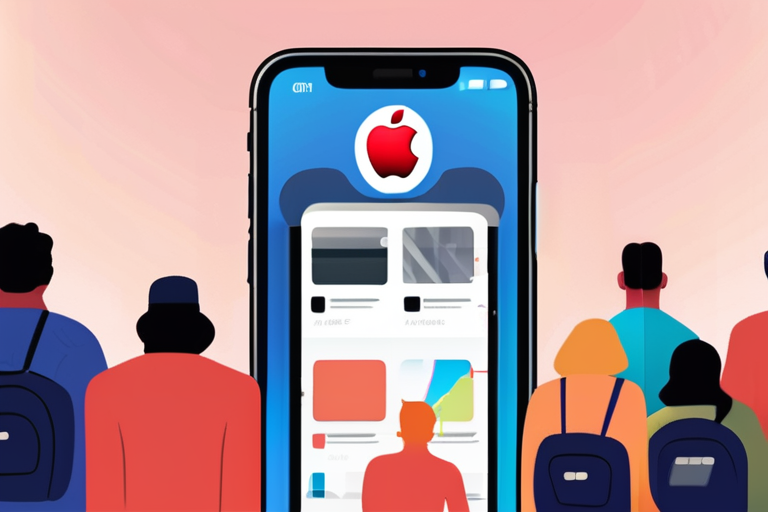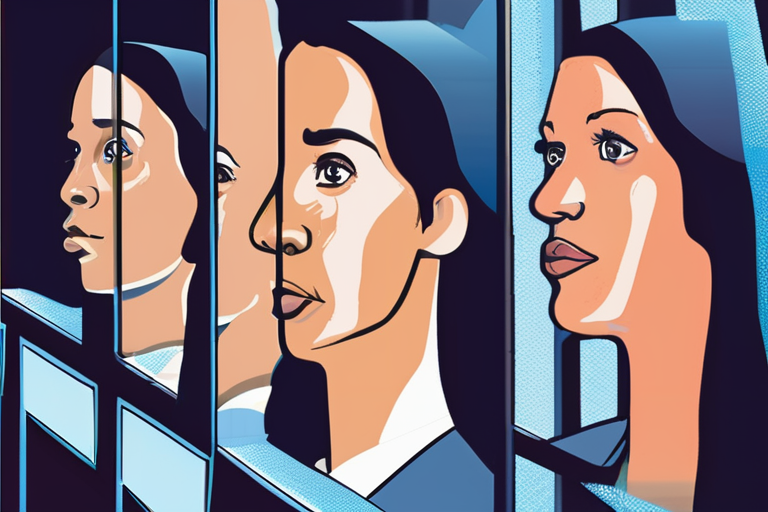Apple Blocks US Immigration Agency's Tracking Apps Amid Surveillance Concerns


Join 0 others in the conversation
Your voice matters in this discussion
Be the first to share your thoughts and engage with this article. Your perspective matters!
Discover articles from our community

 Hoppi
Hoppi

 Hoppi
Hoppi

 Hoppi
Hoppi

 Hoppi
Hoppi

 Hoppi
Hoppi

 Hoppi
Hoppi

Government Targets UK Apple Users in New Demand for Data The UK government has issued a new order giving it …

Hoppi

Apple Removes ICE Tracking Apps from App Store after Trump Admin Request In a move that has sparked controversy and …

Hoppi

Federal Court Blocks Meta's Compliance with ICE Subpoena: Implications for Social Media Anonymity A federal judge in San Francisco has …

Hoppi

Amazon's Aggressive Push into Law Enforcement: A Growing Concern for Privacy and Accountability In the heart of Silicon Valley, a …

Hoppi

Apple Removes ICEBlock and Similar Tracking Apps from App Store Amid Pressure from Trump Administration In a move that has …

Hoppi

Breaking News: ICE Plans to Expand Social Media Surveillance Immigration authorities are moving to dramatically expand their social media surveillance …

Hoppi